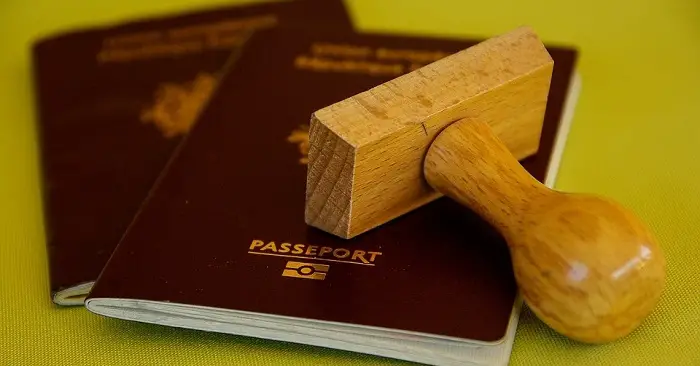For several decades now, many Filipinos have sought jobs in Saudi Arabia. Some of them work as domestic workers or house service workers (HSWs) in the Kingdom. In 2013, the two countries signed an agreement that focused on the welfare and protection of these workers.
The historic agreement was signed by officials from the Department of Labor and Employment (DOLE) of the Philippines and the Ministry of Labor of the Kingdom of Saudi Arabia. Remarkably, it was the first agreement of the ministry with a manpower-supplying country.

PH-KSA Agreement on Employing Domestic Workers
Based on the agreement, domestic workers are entitled to the following benefits, which are specified in their employment contracts:
- Minimum monthly salary of SAR 1,500
- Daily rest periods and weekly rest days
- Paid sick leave of not more than 30 days
- One-month leave after two years of service
- Non-withholding of work permits and passports
- End-of-service benefits (equal to one-month salary) after four years
- Adequate health care
- Free communication
- Humane treatment
Role of Domestic Workers and Employers
Accordingly, the agreement lists the following obligations of domestic workers or HSWs:
- Render the work agreed upon and do your best in performing your work
- Follow orders of the employer and family members in relation to work
- Take care of the property of the employer
- Do not harm the employer’s family members, children, and the elderly
- Keep the secrets of employers, family members, and people living in or visiting the house
- Do not refuse work or leave your job without legitimate reason
- Do not affect the dignity of the employer and family members nor interfere in their affairs
- Do not engage in any activity that is disadvantageous to the employer and family members
- Respect the Islamic religion and observe the laws of Saudi Arabia

On the other hand, the employers’ roles are as follows:
- Do not impose work on the domestic worker unless it has been agreed upon and does not substantially differ from the original job description
- Do not impose any dangerous work that could threaten the health, safety, and dignity of the domestic worker
- At the end of every month, pay the agreed salary
- If the domestic worker does not want the salary deposited in a bank account, keep a record of issued cash or cheques in a written document
- Provide appropriate accommodations to the domestic worker
- Allow the domestic worker to enjoy a rest period of at least nine hours per day
- Attend personally to the domestic worker’s complaints, if any
- Do not “rent out” the domestic worker to perform tasks for others
Role of Philippine and Saudi Arabian Governments
According to the agreement, the Philippine government should ensure that domestic workers are medically fit, qualified, and hold no derogatory records. They should also verify all the job contracts submitted by recruitment agencies from Saudi Arabia.

Meanwhile, the agreement requires the Saudi Arabian government to:
- Authenticate job contracts
- Open bank accounts under the names of domestic workers
- Provide a 24-hour mechanism for assisting domestic workers
- Expedite the settlement of cases of labor contract violations
- Facilitate exit visas for workers’ repatriation upon completing contracts or during emergency situations
Penalties for Violating the Agreement
Violating the agreement could lead to stiff penalties and consequences for both parties. The domestic worker could be fined up to SAR 2,000 or prevented from working in Saudi Arabia altogether. On the other hand, the employer could also be fined SAR 2,000 and prevented from hiring a new domestic worker in the future.

Indeed, the agreement helps to strengthen the bilateral labor cooperation between Saudi Arabia and the Philippines. If you are planning to get a job as a domestic worker here, it is essential to know these regulations. Likewise, you should also know the services offered by the Philippine Embassy and Overseas Labor Office in Saudi Arabia.
